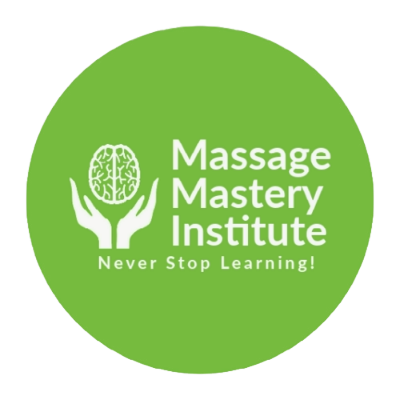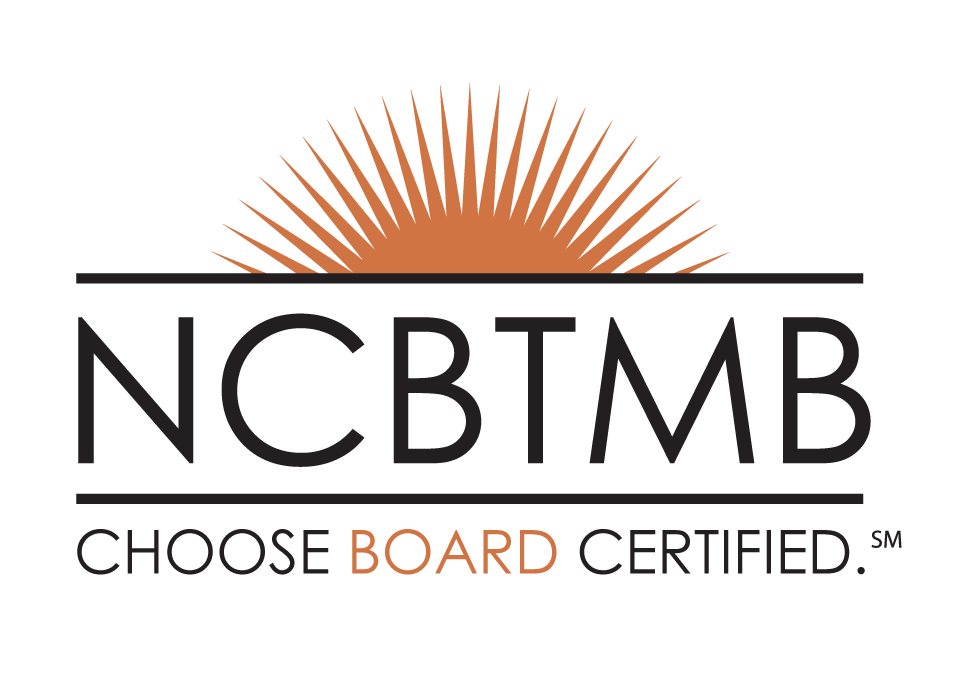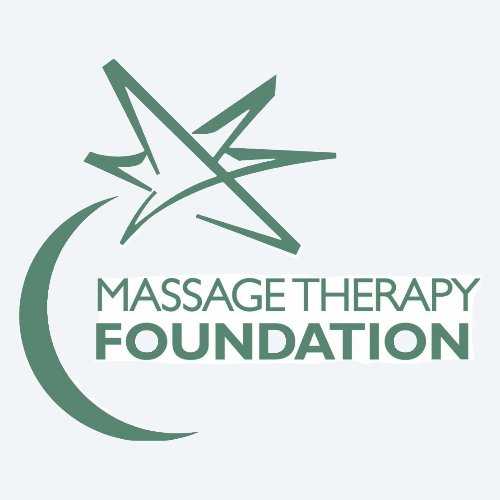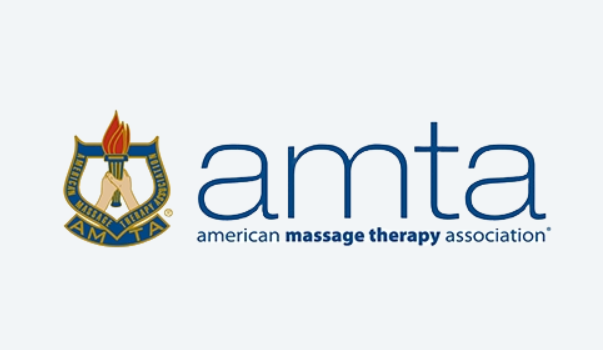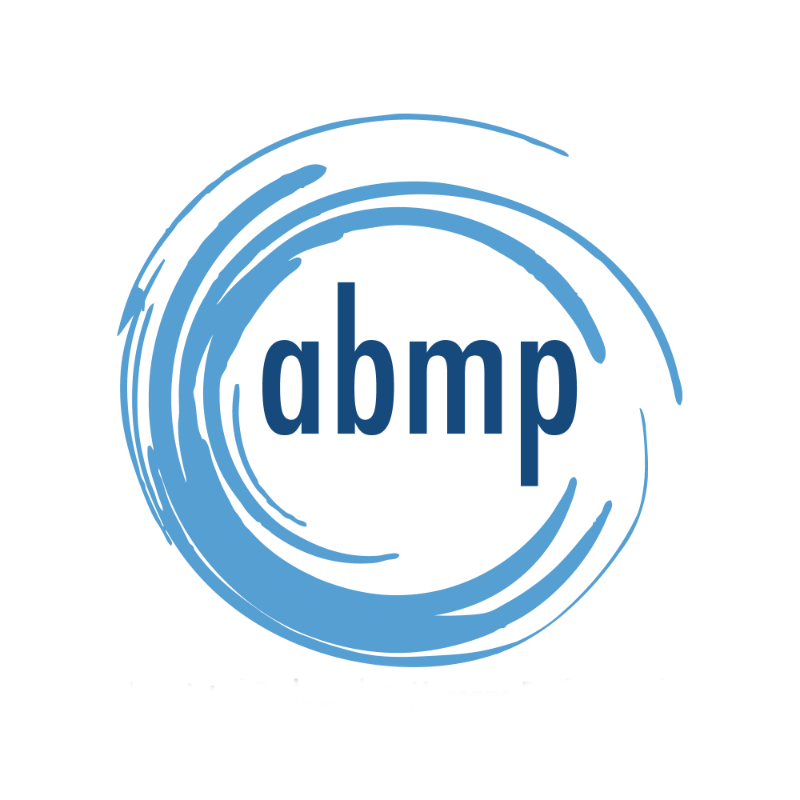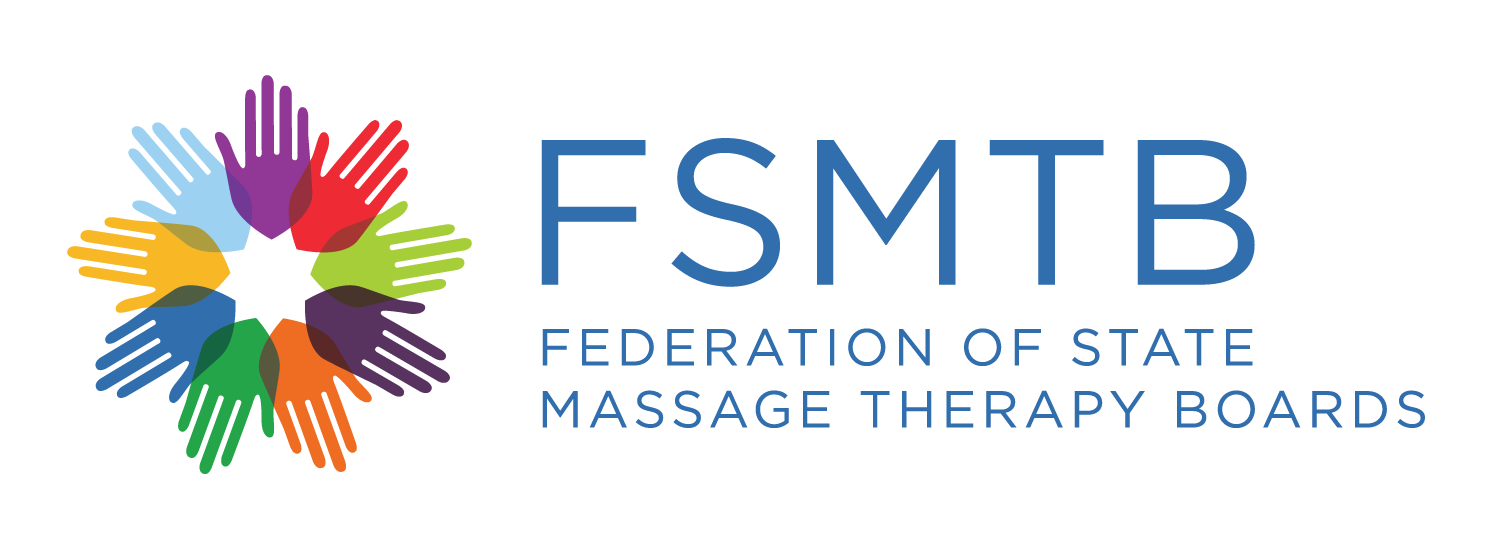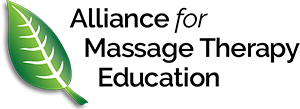Massage Mastery Institute Original NCBTMB Approved CE Courses
In-Person
Ethics, Professionalism, and Business
Independent Courses:
The Ethics of Rules and Regulations for Professionalism (4 CEs)
LMTs are responsible for understanding
the key considerations for establishing a massage therapy practice that is both
ethical and within the boundaries of state/local laws, rules and regulations.
Learners will be able to:
- Understand how laws, rules, and regulations affect the practice of massage therapy
- Become familiar with how laws are made
- Understand the importance of knowing laws, rules, and regulations that are relevant to the practice of massage therapy
- Discuss how an LMT can become more active in advocating for positive movement within the profession
Building Rapport for Client Centered Care (4 CEs)
Good hands-on therapy depends on the therapist’s ability to
listen, observe, assist clients’ awareness of physical changes, respond to
discomfort, modify interventions according to client wishes, and reinforce the
therapeutic changes that clients make.
Learners will be able to:
- Recognize the foundations of building a therapeutic relationship
- Recognize the 3 strategies of the therapeutic process to client-centered care
- Outline strategies for enhancing the therapeutic relationship
- Work through case studies to identify how to improve client experience
Client Outcomes for Therapeutic, Wellness, and Holistic Massage (4 CEs)
This course prepares LMTs to achieve client specific outcomes for therapeutic, wellness, and holistic massage treatments by:
- Describing the goals and components providing a massage based on client outcomes
- Describing the relationships between decision-making, practice based on research, and the therapeutic relationship.
- Identify different components of delivering client centered clinical care
- Describe and distinguish between the outcomes of therapeutic massage, wellness massage, and holistic massage.
- Identify when it is appropriate to establish different types of outcomes for clients.
Belief Systems and Professionalism (4 CEs)
This course helps LMTs explore how
values and beliefs can shape the client-therapist relationship and how to cope
with conflicting ideals.
Learners will be able to:
- Differentiate between the terms – beliefs, ethics, morals, and values
- Understand how personal values and beliefs are formed and influenced
- Recognize the importance of understanding one’s own personal beliefs
- Investigate why the knowledge of values, beliefs, ethics, and morals is relevant for massage professionals
- Become familiar with appropriate ways to cope with differences in beliefs and other’s beliefs about massage therapy
Creating Your Own Policies and Procedures (4 CEs)
As LMTs embark on their professional
journey, it is important to become familiar with the process of developing and
writing personal and professional policies and procedures for exceptional
ethical practice.
Learners will be able to:
- Review common policies and procedures surrounding the practice of massage therapy
- Understand the benefits of policies and procedures
- Become familiar with the process of developing and writing policies and procedures
- Understand they key considerations for communicating policies and procedures
Setting and Respecting Boundaries (4 CEs)
This course covers the importance of establishing,
defining, and maintaining boundaries for both the client and the practitioner.
Learners will be able to:
- Understand the importance of boundaries for both client and therapist
- Become familiar with the intentional and unintentional ways boundaries are sometimes crossed
- Learn how to define and maintain boundaries
- Learn how to identify green, yellow, and red flags when it comes to boundaries
- Practice managing different situations where boundaries are crossed
Creating and Maintaining Healthy Client-Therapist Relationships (4 CEs) – Ethics
This course allows LMTs to obtain the
skills necessary to level the professional power differential, to handle cases
of transference and countertransference, and to explore the pros and cons of
dual relationships.
Learners will be able to:
- Become familiar with the dynamics of the power differential in a therapeutic relationship
- Understand how to manage the transference of thoughts and feelings from the client to the therapist and the countertransference from the therapist to the client
- Become familiar with both problematic and successful dual relationships
- Practice using learned skills in real-life scenarios
Marketing Yourself: Skills to Build a Book of Business (3 CEs) – Business/Marketing
The purpose of this class is to
enhance a massage practitioner’s ability to understand how to market yourself.
Learners
will be able to:
- Demonstrate skills in listening and communicating effectively to provide a better experience for the client
- Create proposition statements and understand how to assist clients in finding value within the sessions
- Identify key areas of professionalism and how they connect to marketing to build a client base
Understanding Client Values and Emotions (4 CEs) – Ethics
An individual's core values can create
strong emotions. LMTs will benefit greatly by being able to identify and cope
with this in a massage session.
Learners will be able to:
- Become familiar with the emotions surrounding beliefs
- Understand the importance of examining one’s own feelings about massage
- Understand the importance of being aware of the client’s feelings and perceptions during a session
- Understand key considerations for developing and maintaining a successful client-therapist relationship
East Brunswick, NJ 08816
Provider Number 1001116
Copyright © 2024-2025 Massage Mastery Institute, LLC. All rights reserved. Terms and Conditions
WORKING WITHIN THE PROFESSIONAL STANDARDS OF:
